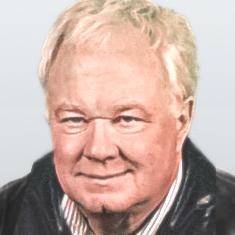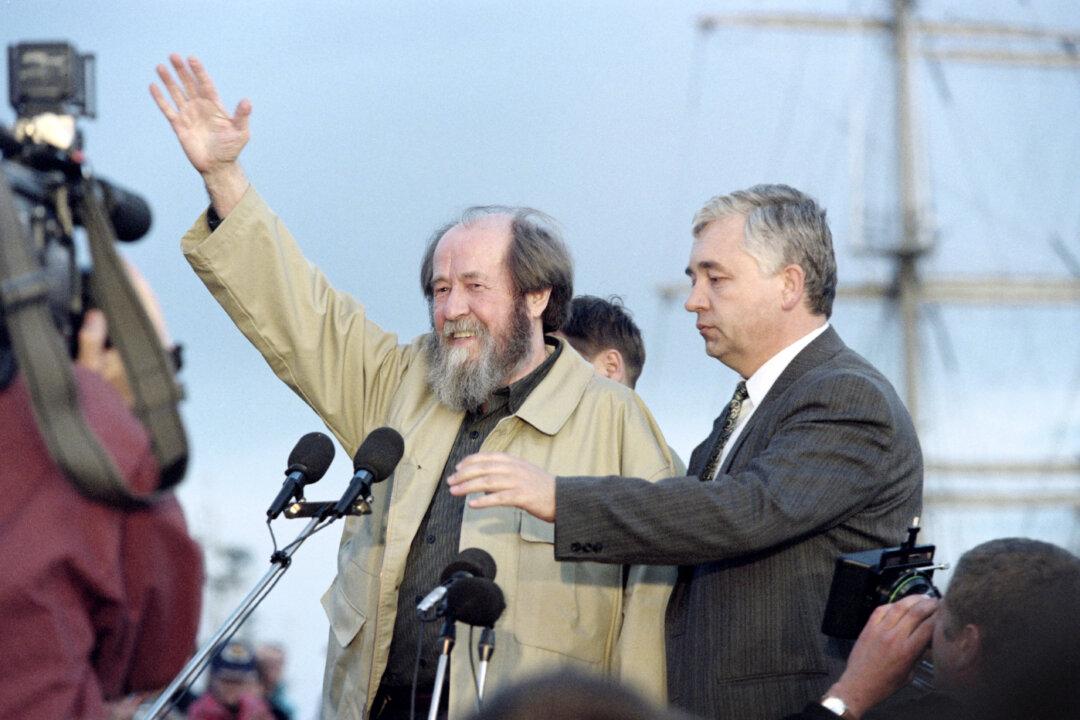Throughout the industrial age, conservationist efforts to preserve our natural environment have been highly valued, like air and water clean-up projects, creation of national parks, flood control measures, reforestation, soil reclamation, and wildlife preservation.
But in the revolutionary spirit of the 1960s, environmental activists transcended the practical dimensions of traditional conservationism. Rachel Carson’s book “Silent Spring,” on the effects of pesticides, kick-started the engines of human welfare ecology, leading to intense interest in an infinity of issues: carcinogens, acid rain, overpopulation, solid waste disposal, nuclear radiation, and so on. It also began to shift the environmentalist movement into the realm of political ideology.





